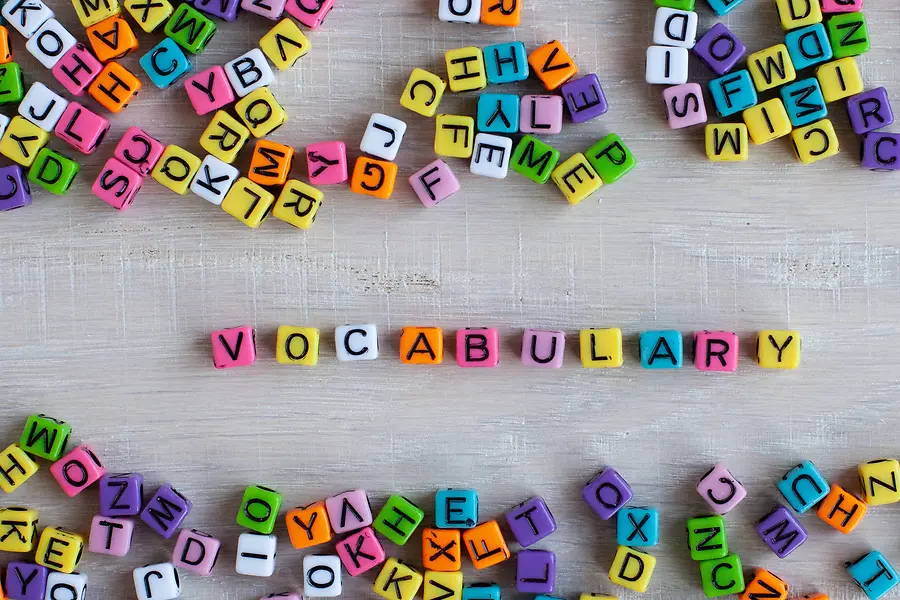An Alternative Method to Rote Memorization of Science Vocabulary
A thesis for Masters degree in Science Education

The purpose of this research study was to provide an alternative to rote memorization through vocabulary cards. An alternative was given to one class of students and a group of special education students who only wrote vocabulary cards for the words they did not know. Then the vocabulary words were written in their own words. The control class wrote all of the vocabulary words and copied the definitions from the dictionary or rote memorization. Studies show that rote memorization is not conducive to learning science vocabulary. Students do not typically learn science vocabulary by making vocabulary cards for every word and then copying the definitions. Requiring students to strictly write their own definitions for only the words they do not know is shown to be more beneficial. The study, special education, and control groups were given a pre-lesson and post-lesson vocabulary quiz using Google Forms for three units of study in the eighth-grade science curriculum. A study of the benefits of the research method for special education students was also conducted. The results showed the method to be beneficial. There was a substantial gain in vocabulary learning in both the research group and the special education group. Both groups had an increase in vocabulary knowledge in all three units, proving that rote memorization is not beneficial. The results of this study will provide teachers with research that will lead to better methods of learning science vocabulary.
An Alternative Method to Rote Memorization of Science Vocabulary


